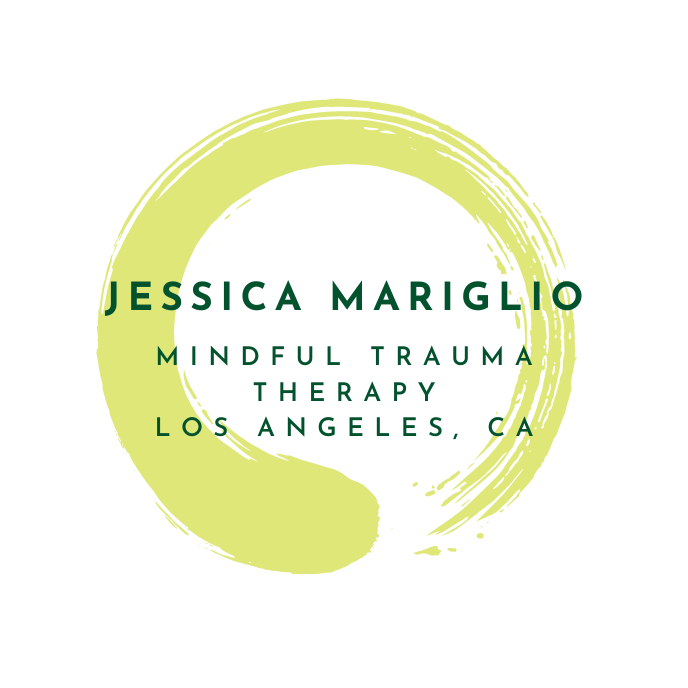
EMDR THERAPY
To accept one's past—one's history—is not the same thing as drowning in it; it’s learning how to use it.
-James Baldwin
What is EMDR therapy?
Have you ever felt that the past keeps coming back to haunt you? Or that you keep making the same mistakes over and over again even though you know it’s not good for you?
Eye Movement Desensitization and Reprocessing (EMDR) therapy is a type of psychotherapy that helps free us from our past. EMDR can give us greater choice about the actions we take in the world and the meanings that we make out of our experiences. It helps us move forward in life with a positive, hopeful outlook.
This evidence-based therapy is the most researched of trauma therapies and is grounded in neuroscience. EMDR can treat post-traumatic stress disorder (PTSD), attachment wounds, and even stress or anxiety based disorders. It works by helping the mind heal from psychological wounds much like the body heals from physical wounds. In a relaxed yet fully supported state, EMDR will literally create new neural pathways in the brain, moving the traumatic memories from the short-term memory into long-term memory and creating a palpable distance between “what was then” and “what is happening now.”
For more information about EMDR please visit the EMDR International Association website.
What to expect in an EMDR therapy session?
EMDR therapy uses a structured protocol to help you overcome related past experiences that trigger emotions, beliefs, and sensations that are not in line with your highest potential. While this studies indicate this style of therapy is faster than traditional talk therapy methods, the actual length of treatment varies from person to person.
A great way to understand EMDR therapy is to watch a sample session, so you get an idea of what it looks like as it’s a bit different than traditional therapy. Here’s a link to the founder of the Institute of Creative Mindfulness’ Youtube Channel, where you can find some demonstrations of EMDR in practice and more information about what to expect.
Is EMDR therapy better than Somatic Experiencing?
Both EMDR therapy and Somatic Experiencing® are considered somatic therapies. While many people have strong feelings about comparing EMDR therapy with Somatic Experiencing®, the synthesis of the two is an exciting and effective approach to working with trauma and emotional dysregulation. In my practice, I seamlessly integrate the two approaches, as I strongly believe they are complimentary and build off of one another. Combining the two appraoches and frameworks enhances the effectiveness of the therapy.
Mindfulness Based Interventions
Mindfulness based approaches allow clients to explore the content of their minds without getting swept away in the emotion or story.
Somatic Therapy
Somatic Experiencing (SE™) aims to resolve symptoms of stress, shock, and trauma that accumulate in our bodies and helps us release, recover, and become more resilient.


